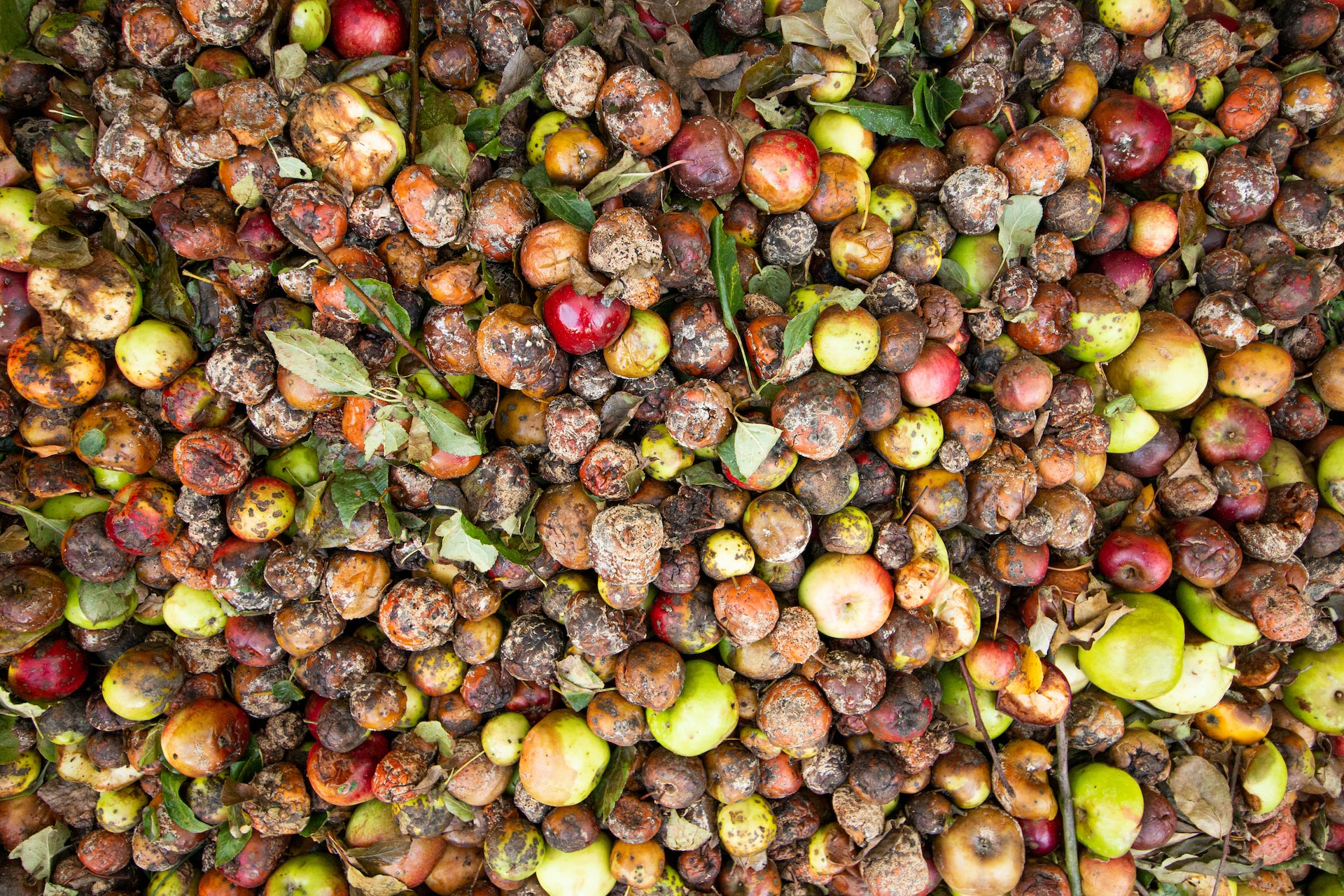- 25 May 2023
- 79
Beyond Waste: Unearthing the Hunger-Alleviating Potential of America’s Food Surplus

Introduction:
In the land of plenty, millions of Americans struggle with hunger and food insecurity. Paradoxically, while many individuals and families face the daily challenge of accessing nutritious meals, a significant amount of food goes to waste in the United States. In this article, we explore the untapped potential of America’s food surplus to address the pressing issue of hunger and highlight initiatives that are working to bridge the gap between waste and need.
- The Scope of America’s Food Surplus:
The abundance of food produced in the United States is astounding, yet a considerable portion of it ends up as surplus. Farms, manufacturers, grocery stores, and restaurants often find themselves with excess food due to various factors, including overproduction, market fluctuations, and cosmetic imperfections. Recognizing the scale of this surplus is the first step towards understanding its potential to alleviate hunger.
- The Hidden Hunger Epidemic:
Hidden behind the veil of plenty lies a persistent hunger epidemic affecting individuals and communities across the country. Food insecurity affects people of all ages, with children, seniors, and low-income households being particularly vulnerable. To address this issue, we need to redirect surplus food to those in need and create a more equitable and sustainable food system.
- Food Recovery Programs:
Food recovery programs play a vital role in unearthing the hunger-alleviating potential of America’s food surplus. These initiatives work to rescue surplus food from various sources, including farms, grocery stores, and restaurants. By establishing partnerships with food banks, shelters, and community organizations, they ensure that this excess food reaches individuals and families facing food insecurity.
- Collaborative Solutions:
Addressing the food surplus issue requires collaboration among various stakeholders. Businesses, nonprofits, and government agencies can work together to develop innovative solutions that prevent food waste, improve food distribution systems, and enhance access to nutritious meals. By fostering partnerships and leveraging collective resources, we can unlock the potential of surplus food to combat hunger.
- Increasing Awareness and Education:
Raising awareness about the issue of food surplus and its connection to hunger is crucial. Education plays a vital role in changing societal attitudes and behaviors towards food waste. By educating individuals about the consequences of waste and providing practical tips on reducing waste at home, we can encourage a shift towards more sustainable and mindful consumption patterns.
- Policy Interventions:
Government policies and regulations can play a significant role in addressing food surplus and hunger simultaneously. Encouraging tax incentives for food donations, implementing standardized date labeling practices, and supporting initiatives that promote food recovery and redistribution are essential steps towards a more efficient and equitable food system.
- Supporting Local and Sustainable Food Systems:
Investing in local and sustainable food systems can also contribute to reducing food surplus and alleviating hunger. By supporting small-scale farmers, community gardens, and farmers’ markets, we can foster a resilient and localized food economy. Additionally, promoting the consumption of locally grown and seasonal produce can reduce the demand for long-distance transportation and minimize food waste.
Conclusion:
America’s food surplus presents a unique opportunity to tackle the pervasive issue of hunger in the country. By redirecting surplus food through food recovery programs, promoting collaboration among stakeholders, increasing awareness, implementing supportive policies, and investing in local and sustainable food systems, we can unearth the hunger-alleviating potential of America’s food surplus. Together, we can build a more equitable and sustainable food system that ensures no one goes hungry while edible food goes to waste. It’s time to look beyond waste and harness the transformative power of surplus food to create a hunger-free nation.

